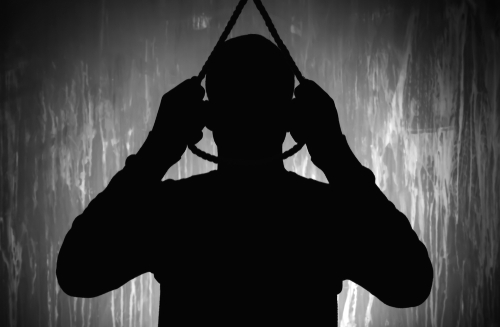
End-of-life choices are one of society’s most contentious issues. West Virginia voters narrowly support a constitutional amendment. Medically assisted suicide has been prohibited. Amendment one of West Virginia’s state constitution seeks to prohibit medically assisted suicide. The amendment was approved by a slim margin. The change may make future legalization of physician-assisted suicide more difficult.
West Virginia’s Constitutional Move
West Virginia has taken a significant step in the ongoing national debate over end-of-life choices. In a closely contested vote, the state’s electorate approved Amendment 1, which aims to enshrine the prohibition of medically-assisted suicide into the state constitution. The amendment passed with 50.44% in favor and 49.56% against, based on a total of 666,275 votes reported.
The constitutional change adds a ban on medically assisted suicide, euthanasia, and mercy killing to West Virginia’s Bill of Rights. This move goes beyond the existing state law, which already prohibits such practices, by making it significantly more challenging to legalize physician-assisted suicide in the future.
Under current West Virginia law, physician-assisted suicide or euthanasia is already illegal, but Amendment One would go a step further, and enshrine it into the state constitution. https://t.co/8AYyYO1Pf7
— WTRF 7News (@WTRF7News) October 23, 2024
Ethical and Moral Debates
The passage of Amendment 1 has fueled ethical and moral debates over end-of-life decisions. Supporters of the amendment claim that it protects the sanctity of life and vulnerable individuals from potential coercion. Mary Tillman, a supporter of the amendment, stated, “We do not want to be cold-heartedly encouraging elderly and sick people to commit suicide.”
“We don’t want to be cold-heartedly encouraging elderly and sick people to commit suicide” – Mary Tillman
Opponents of the amendment, on the other hand, argue that it violates personal medical decisions and bodily autonomy, especially for those in pain nearing the end of their lives. The American Civil Liberties Union of West Virginia emphasized this viewpoint, stating, “The right to avoid excruciating, end-of-life pain is essential to bodily autonomy and fundamental freedom.”
#LiveOnNews9https://t.co/Cnb8T1Rqhk
Essentially, Amendment 1 would ban euthanasia and medically assisted suicide bills from ever being passed if brought up— WTOV NEWS9 (@WTOV9) October 23, 2024
Medical and Legal Implications
The amendment’s passage raises important questions about the role of medical professionals in end-of-life care. The American Medical Association’s Code of Ethics reflects the divided opinions within the medical community on physician-assisted suicide. While the amendment does not affect pain management or the withdrawal of life-sustaining treatment, it does limit the options available to terminally ill patients and their doctors.
“The right to avoid excruciating, end-of-life pain is essential to bodily autonomy and basic freedom” – ACLU of WV
Legally, the amendment’s language has sparked further debate. Some critics argue that, while it prohibits people from choosing their own deaths, it contains provisions that could potentially lead to the reinstatement of the death penalty in West Virginia. This apparent contradiction has sparked further debate about the state’s approach to life-and-death decisions.
Looking Ahead
As West Virginia implements this constitutional change, the national conversation about end-of-life options continues to evolve. The close vote in West Virginia reflects the deeply divided views on this sensitive issue across the country. While some states have moved to legalize physician-assisted suicide, others are strengthening bans on the practice.
The passage of Amendment 1 in West Virginia serves as a reminder of the ongoing struggle to strike a balance between individual autonomy and collective ethical standards in matters of life and death. As medical technology advances and societal attitudes shift, the debate over the right to die is likely to remain at the forefront of ethical, legal, and political debates for many years ahead.
Sources:
- West Virginia’s Amendment 1 is an affront to dying with dignity
- here’s what to know about the Constitutional Amendment











